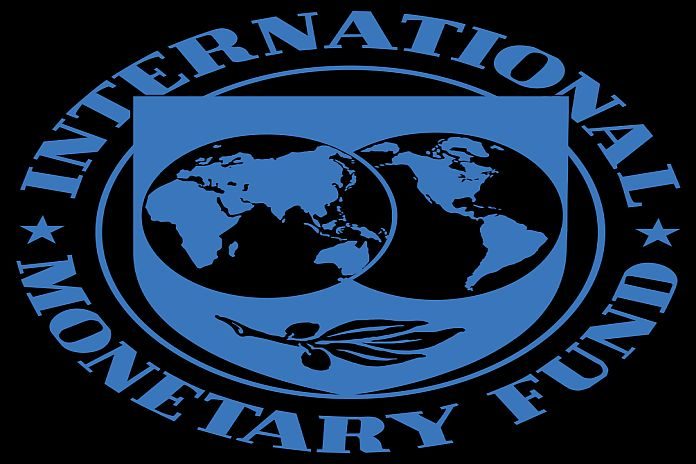WASHINGTON, USA — An International Monetary Fund (IMF) staff team led by Uma Ramakrishnan visited Kingston from September 9–19, to conduct discussions on the sixth and final review of Jamaica’s financial and economic program supported by the IMF’s precautionary Stand-By Arrangement (SBA). At the end of this review, primemMinister Andrew Holness of Jamaica and Alejandro Werner, director of IMF’s Western Hemisphere Department, issued the following statement in Kingston.
“We are happy to announce that the IMF staff team and the Jamaican authorities agreed on the steps needed to complete the sixth and final review under the SBA, as Jamaica prepares to exit from IMF financial support. Consideration by the IMF’s executive board of the review is tentatively scheduled for November 2019. Upon approval, an additional SDR 160.8 million (about US$220 million) will be made available for Jamaica, bringing the total accessible credit to about US$1.63 billion. The Jamaican authorities continue to view the SBA as precautionary. The SBA will expire on November 8, 2019.
“Over the last three years, Jamaica’s sustained commitment to a home-grown economic reform program has resulted in significant dividends for the people of Jamaica. Unemployment is at an all-time low of 7.8 percent, taxes have been reduced, business confidence is high, inflation and the external current account deficits are low, and the level of foreign currency reserves is comfortable at about US$3.5 billion.
“The economy is estimated to have expanded by 1.9 percent in FY18/19, buoyed by mining, construction and tourism. However, the short-term growth outlook is, unfortunately, clouded by the pending 18 to 24 months closure of Alpart to facilitate investment upgrades.
“Budget discipline combined with a reorientation of the fiscal system, including the shift from direct to indirect taxes pioneered by this government, has helped put public debt on a sustained downward path. Proactive liability management, as evidenced by the latest successful swap of existing bonds at relatively low yield, has also helped Jamaica maintain the path towards reducing debt to 60 percent of GDP by FY2025/26, in line with the provisions of the fiscal responsibility law.
“Significant efforts have been made to build monetary institutions and improve the workings of the foreign exchange market. These steps have put the Bank of Jamaica firmly on a path toward operational independence within an inflation targeting framework that conforms with international best practice.
“Nonetheless, to fully achieve Jamaica’s considerable potential will require renewed attention to supply side reforms to address crime, support agricultural resilience, and invest in education and healthcare. The government is also committed to expanding social assistance for those in need through better coverage of the PATH program and support for the elderly.
“To make these reforms a reality will require the freeing-up of fiscal resources through a meaningful transformation of the public sector that prioritizes government functions and redesigns public sector compensation. This will necessarily entail the Jamaican society confronting tough choices, the resolution of which will require broad social consensus. More also needs to be done to build public trust in the governance of public institutions.
“As part of its commitment to building durable domestic policy institutions, the government will table legislation to establish a Fiscal Council by April 2020. In the interim, the Economic Programme Oversight Committee has been asked to ensure continued public accountability for the government’s economic policy commitments.
“The government is also working to strengthen financial sector oversight through better risk-based and consolidated supervision and a special resolution regime for financial institutions.
“We are convinced that all these policies will support private sector development and increase investment opportunities in Jamaica. It is expected that the partnership between the public and private sector to expand access to finance for small and medium-sized enterprises will help finance such investments.
“The IMF team and the Jamaican authorities look forward to a continued productive collaboration and partnership as Jamaica exits from the precautionary SBA. As always, the IMF stands ready to support Jamaica with policy advice, a cross-country perspective, technical assistance and investments to train Jamaican government officials.
“The IMF team would like to thank the Jamaican authorities, including all the technical teams involved, for making the SBA an unqualified success for Jamaica.”





